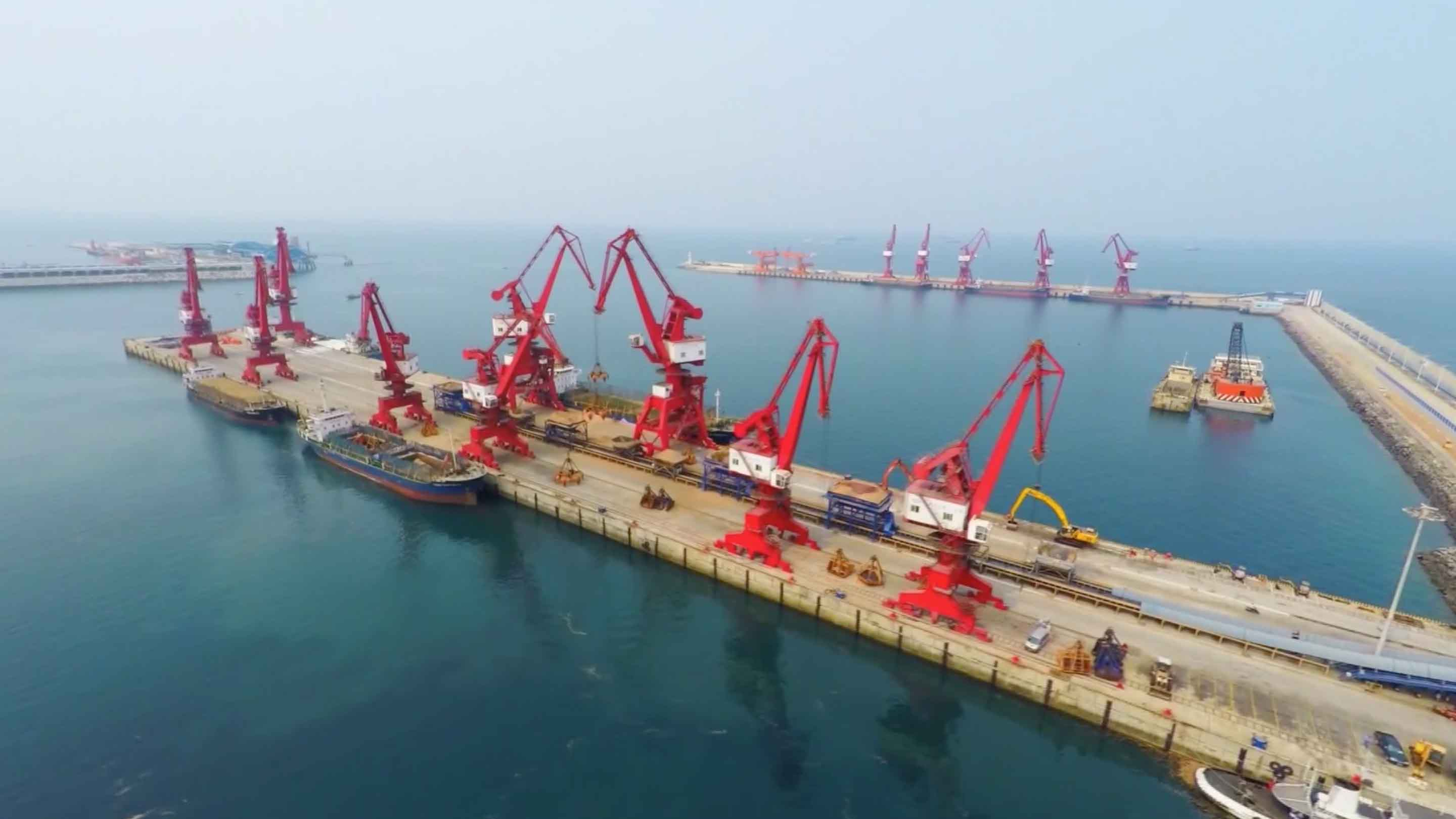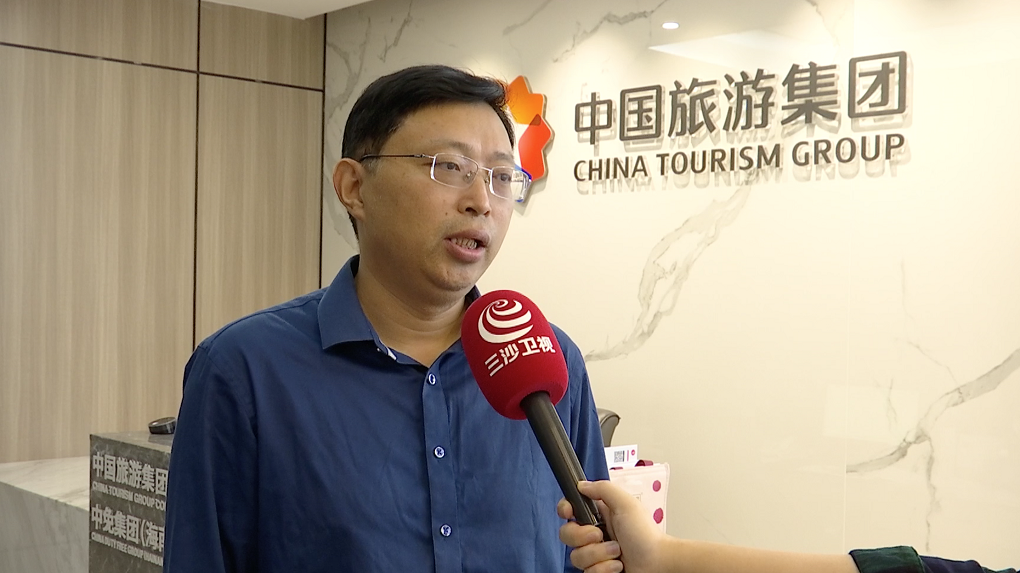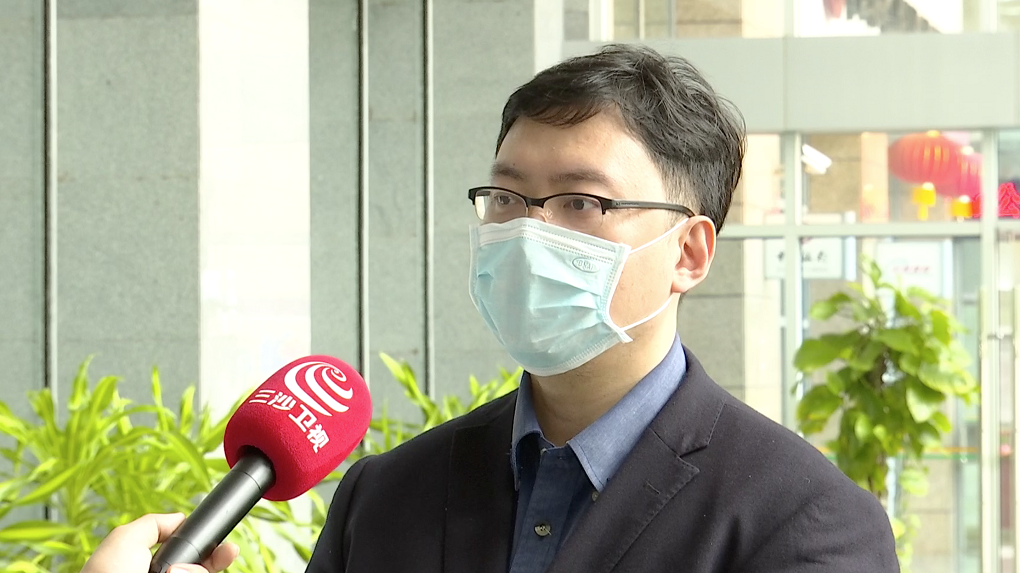02:39

The COVID-19 is still taking a toll on healthcare systems and economies around the globe.
As China gradually contains the domestic epidemic situation, its southern island province of Hainan is continuing its progress in becoming a free trade zone (FTZ), making efforts to make up for losses caused by the coronavirus.
Hainan is on its way to becoming a qualified FTZ that promotes exchange and investment facilitation, and provides a legal environment, thorough economic services, efficient regulation, favorable ecological environments, and accelerates the improvement of surrounding areas.
As it develops, domestic and overseas transport companies will be encouraged to set up operational or regional facilities in the FTZ, as part of efforts to construct the place into a worldwide transport hub. More cruise traces with Hainan as a stopover will be developed to foster tourism in the area. Tourists from 59 countries can tour visa-free if they begin or transit in nations and regions with direct flights to Hainan.
Staff at the duty-free shop in Haikou Mova Plaza ensure tourists entering the store do so in an orderly manner. It's one of four stores run by the China Tourism Group in Hainan that have been reopened since February 20. The others are in Sanya and Bo'ao cities and at Haikou's international airport.
According to Zhou Lingjun, Deputy Manager of China Tourism Group, Hainan Branch, for the next phase, they will take multiple measures to boost market confidence. For example, holding a duty-free shopping festival to make up for losses by expanding both online and offline marketing.

Zhou Lingjun, Deputy Manager of China Tourism Group, Hainan Branch /Source: Sansha TV
Zhou Lingjun, Deputy Manager of China Tourism Group, Hainan Branch /Source: Sansha TV
As consumption recovers, many construction projects in Hainan have also resumed work. Since February 14, at the construction site of the Haikou International Duty Free City, workers have gradually resumed construction and are trying to catch up to the original construction schedule.
A timetable carefully balances progress of construction with epidemic prevention and control. Work has now resumed on 55 of Hainan's key construction projects. And 97 percent of Hainan's 404 large-scale industrial enterprises are operating again.
Located on the northwestern coast of Hainan island, Yangpu Economic Development Zone is a state-level development zone approved by the State Council to enjoy the bonded zone policy.
In the Yangpu, all key enterprises that trade overseas or have investment from overseas have resumed production. Sinopec (Hongkong) Hainan Petroleum Co., Ltd. has the largest oil reserve in Asia. It's stepped up exports of gasoline, diesel and other oil products to Australia and Europe. In the first two months of this year, its sales of oil products were up 76 percent year on year, reaching 1.56 million tons.

Zhao Yangming, Deputy Director for Economic Development, Yangpu Economic Development Zone, Hainan Province /Source: Sansha TV
Zhao Yangming, Deputy Director for Economic Development, Yangpu Economic Development Zone, Hainan Province /Source: Sansha TV
Zhao Yangming, Deputy Director for Economic Development in Yangpu Economic Development Zone, said that as a petroleum export company, the Sinopec (Hongkong) Hainan Petroleum Company's import and export volume increased by 109 percent in January and February. Its export volume accounted for more than 70 percent of the import and export volume. Imports and exports in the zone in January and February increased by 22 percent year on year.
Currently, petrochemicals is the key industry in the Economic Development Zone. In the future, the key industries will also include advanced manufacturing and modern services.
And for expats living and working in Hainan, there's an English language version of the Hainan health QR code, which is one of the measures to prevent and control the coronavirus. The English version was rolled out on March 10, and by 8 p.m. that night, 15,674 foreigners had successfully applied for it.
As one of the advantages of the FTZ, people have quicker access to imported medicines and medical devices, thanks to a more simplified approval process from the local authorities, while in places outside of the FTZ these products have to go through a complicated and long approval process with state-level authorities before entering the Chinese market.